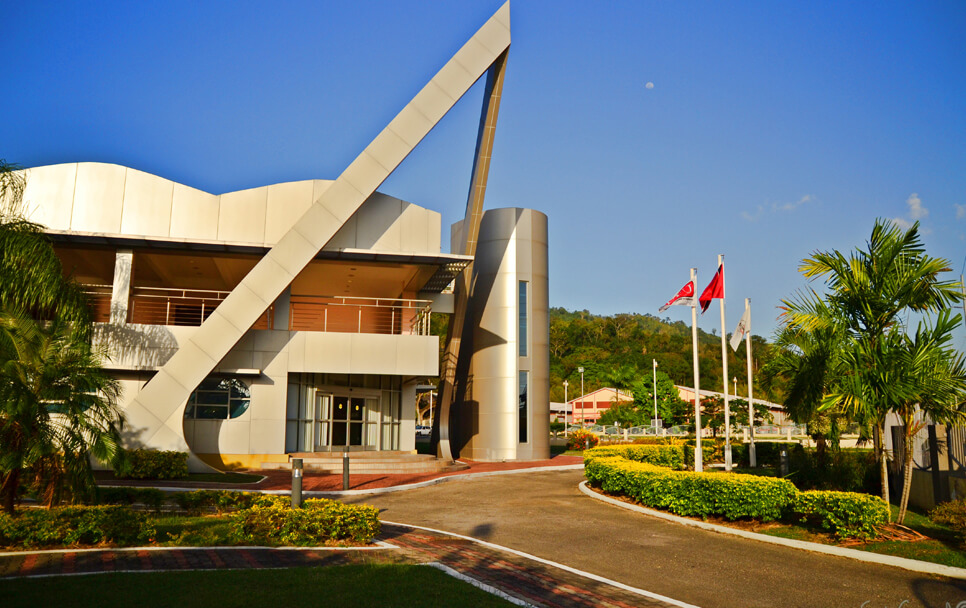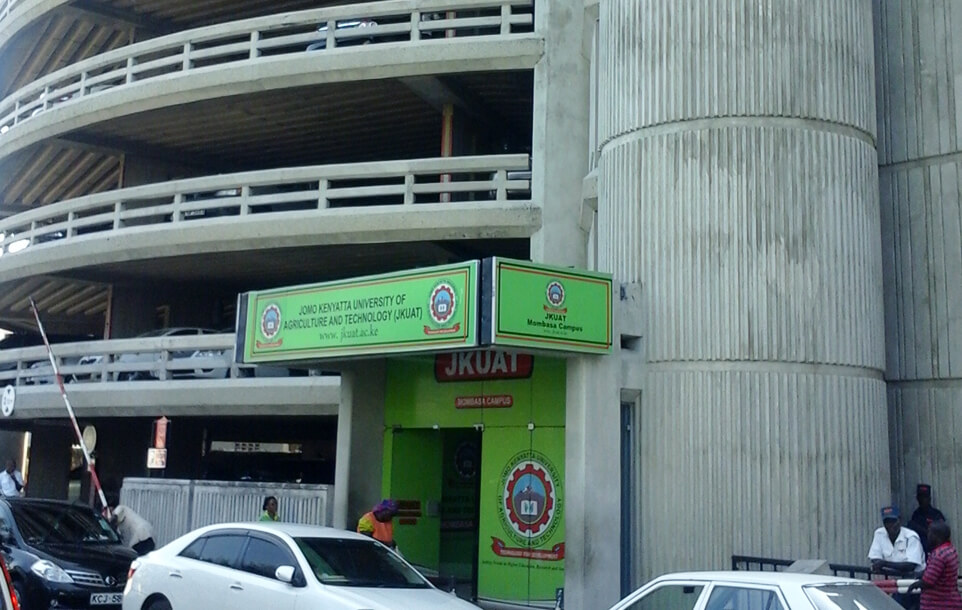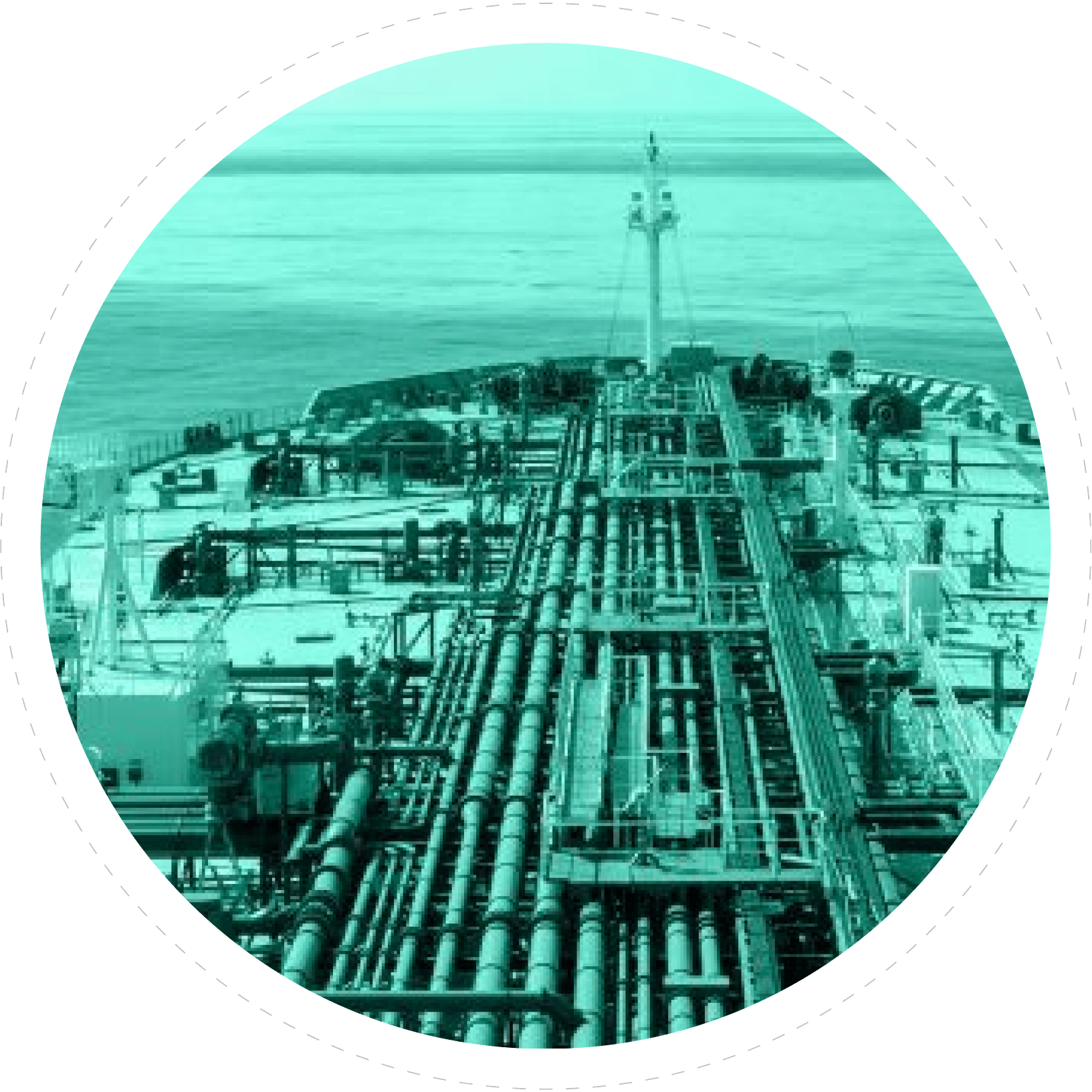
Reducing GHG Emissions with advanced Antifouling Hull coatings
Beneficiary Country: Trinidad and Tobago
Primary beneficiary organisation: National Energy Corporation of Trinidad and Tobago Limited (NEC)
Tugboats usually have a shallow draft, a low-speed activity profile, experience long static periods, and operate in coastal environments. These operational factors, combined with water quality challenges at some ports, abrasion from contact with other ships, and long-life expectancy, mean that tugs are at a greater risk of heavy fouling compared to ships in the commercial fleets operating on longer routes. Even a thin slime can significantly impact their efficiency and operational expenditure.
Any increase in fuel consumption required to maintain the operational needs leads to a direct increase in associated GHG emissions. This pilot project will apply new antifouling coating solutions to two NEC ships to assess their effectiveness, especially in reducing GHG emissions. This initiative not only aims to reduce the GHG footprint of tugboats in coastal environments but will also contribute to the performance and longevity of the ships operating in coastal waters.
With successful implementation, the pilot project is expected to result in a GHG reduction of up to 10% from each participating ship.





